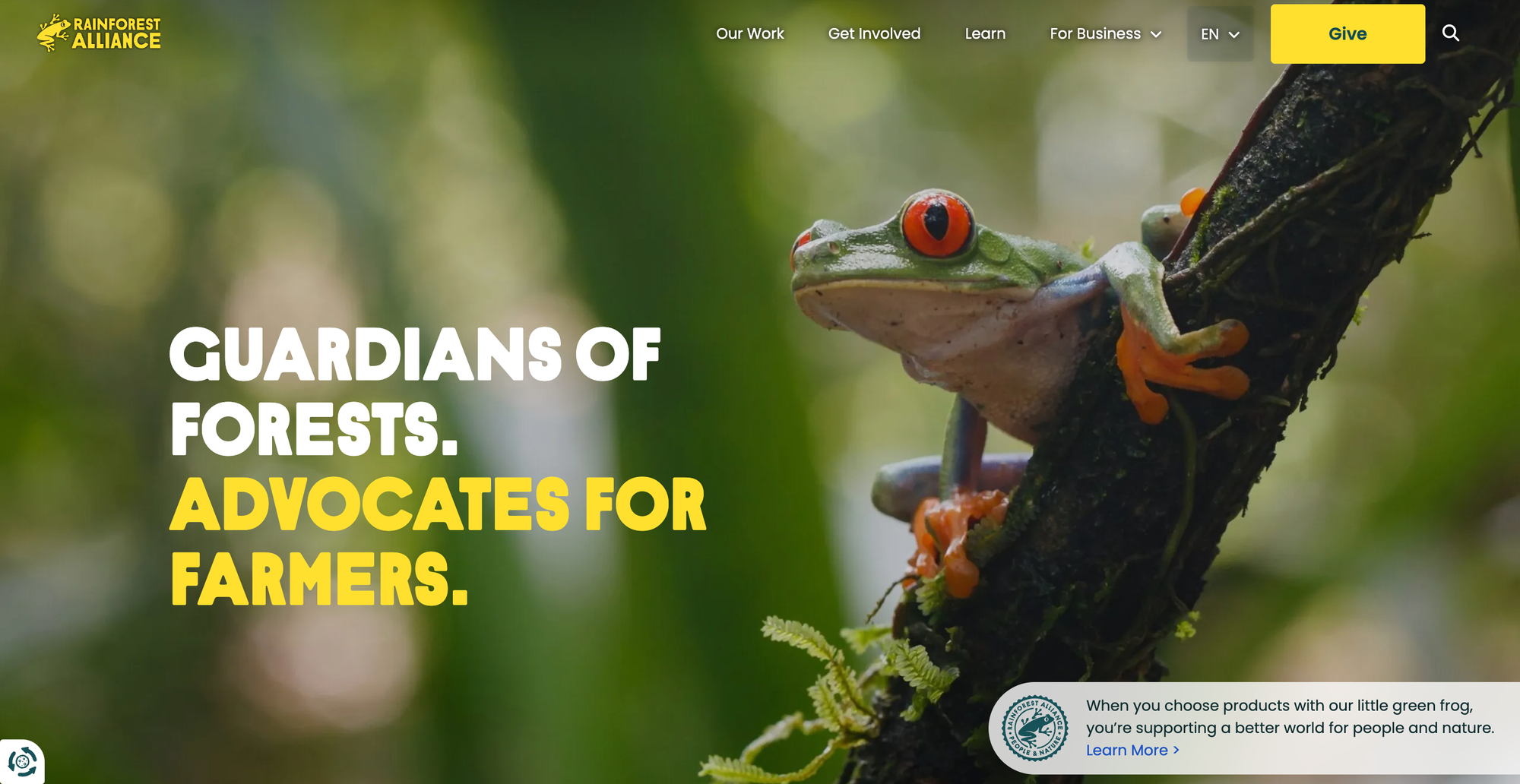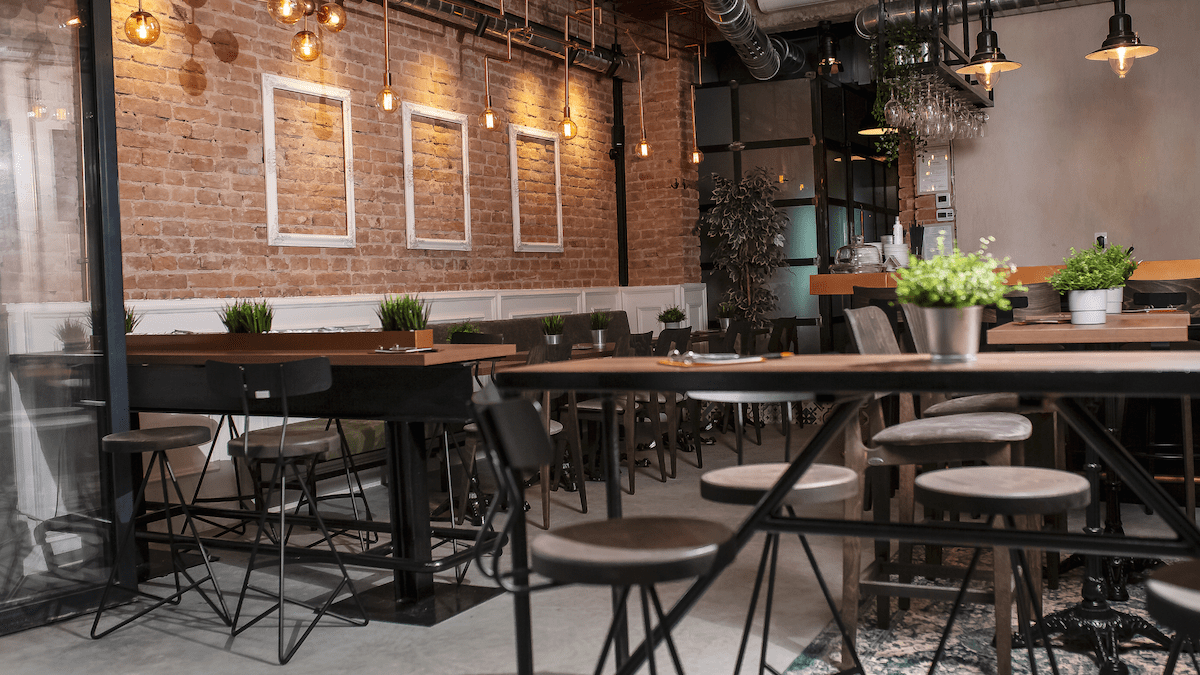The Rainforest Alliance has launched a new Regenerative Agriculture Standard, a certification designed to help coffee farmers and companies improve soil health, protect biodiversity, and strengthen livelihoods.
Certified products will carry a distinct seal beginning in 2026, giving conscious consumers a clear way to identify coffee grown using regenerative practices.
A Certification Focused on Impact
The certification is initially available for coffee, with plans to expand to cocoa, citrus, and tea in 2026.
The timing is significant, as climate change and environmental degradation continue to disrupt crop yields and affect millions of smallholder farmers who produce more than 70 percent of the world’s coffee.
“Markets need to move beyond a ‘do no harm’ mindset to one that repairs and restores,” said Santiago Gowland, CEO of the Rainforest Alliance. “This certification aims to make that transition possible by ensuring farming contributes positively to both the land and the people who depend on it.”

What Regenerative Agriculture Delivers
Research shows regenerative farming practices can increase farmer incomes by 20 to 30 percent while building more resilient farms.
The Rainforest Alliance standard provides a science-based framework to measure progress in five key areas:
- Soil health and fertility
- Climate resilience
- Biodiversity
- Water stewardship
- Livelihoods
Independent auditors will review farms and companies, and only those meeting the requirements will be certified to display the new regenerative seal.

Benefits Across the Value Chain
For farmers, the certification offers practical tools to manage land more productively and withstand climate-related challenges.
For companies, sourcing certified regenerative coffee helps secure supply chains, meet impact commitments, and provide credible assurances to consumers.
For coffee drinkers, the seal will serve as a trusted signal that their purchase supports both farming communities and environmental health.
Next Steps
Implementation has already begun across farms in Brazil, Costa Rica, Mexico, and Nicaragua. Certified regenerative coffee is expected to reach the market in 2026, with the Rainforest Alliance encouraging more farmers and companies to adopt the standard.
By aligning farming practices with measurable ecological and social outcomes, the Rainforest Alliance’s new certification aims to create stronger livelihoods for farmers while supporting healthier ecosystems in some of the world’s most important agricultural regions.









